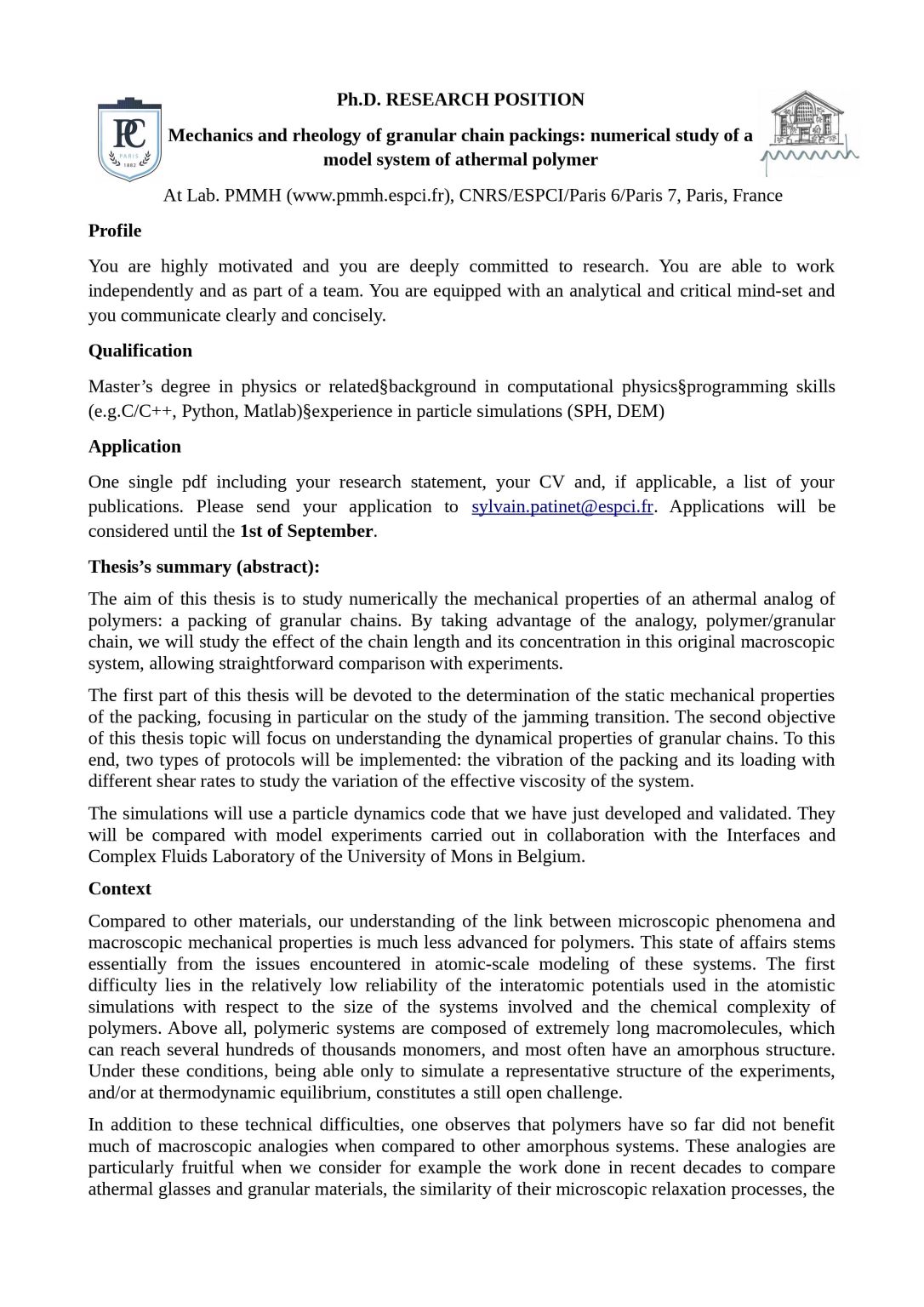
𝐆𝐢𝐮𝐥𝐢𝐨 𝐁𝐞𝐫𝐫𝐮𝐭𝐢 𝐏𝐞𝐫𝐮́ 🇵🇪 on Instagram: “📸 Al infinito y más allá. Feliz viernes. 🙌❤ . … | Most handsome men, Gorgeous men, Cute couple pictures

Sylvain PATINET | CNRS researcher | Doctor of Philosophy | French National Centre for Scientific Research, Paris | CNRS | Laboratoire de physique et mécanique des milieux hétérogènes

You-Go XL Q&A: Todo sobre el patinete eléctrnico con más autonomía de Youin | En el vídeo de hoy os contestamos a todas las preguntas que nos habéis dejado sobre el patinete

Las diferencias entre una MotoGP y una moto Superbikes según Sylvain Guintoli, piloto probador de Suzuki

Los profesores franceses asisten a una manifestación para protestar contra las reformas educativas y los empleos cortados por el gobierno francés en Lille, norte de Francia, el 6 de septiembre de 2010.

Drim - Juguetería Online - ÚLTIMA OPORTUNIDAD 👇 Participa hasta las 11:45h. A las 12h anunciamos ganador:) 😎 Si quieres ser el más molón o molona del verano, ¡participa en este fantástico

Sylvain PATINET | CNRS researcher | Doctor of Philosophy | French National Centre for Scientific Research, Paris | CNRS | Laboratoire de physique et mécanique des milieux hétérogènes
















